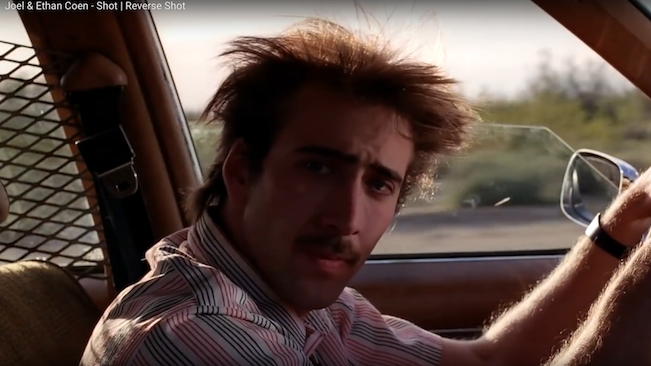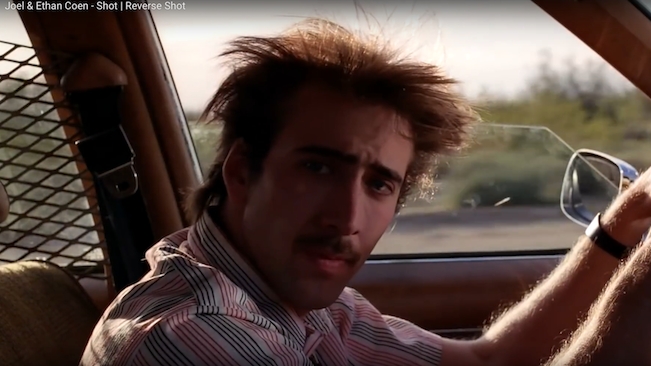

Roland Denning on what the Coen Brothers' masterly use of short lenses and reverse angles can teach us about many things, including VR perspectives.
Here is a brilliant video from Every Frame a Painting on the Coen Brothers' use of classic reverse angles:
A few things spring to mind after watching this: firstly, the Coens are great filmmakers and, secondly, the use of short lenses and reverse angles isn’t in any way specific to them - it is classical filmmaking technique and they are just particularly good at it.
And then a few other thoughts followed: there is a lot of the talk about bokeh and the ‘creaminess’ of vintage glass, but the most important thing about lenses is just where they enable you to put the camera to create a great frame.
We are so used to the fundamental grammar of cinema - shot/reaction shot, single/reverse single - we take it for granted, but this is a key to how movies involve us. Experiments with subjective camera - films shot entirely from the protagonist’s point of view like The Lady In The Lake - have never been that successful. The Channel Four comedy series Peep Show was also based almost entirely on the main characters’ points-of-view but, because there were two of them, we could still cut between them in classic angle/reverse angle fashion.
Interestingly, the whole concept of Virtual Reality is based on a subjective point of view - literally, being in the protagonist’s head - but perhaps this brings into question how identification with a character and engagement with a story actually functions. Reverse angle cutting creates the illusion of watching characters and their antagonists and being watched by them - that flipping between points of few, the sense of being in the middle of a dialogue seems essential to how cinema tells stories. I believe games and story telling are fundamentally very different - but perhaps that should be left for another discussion.
Tags: Production


Comments